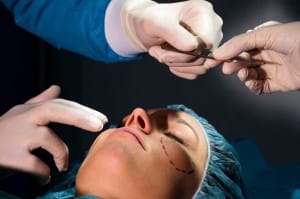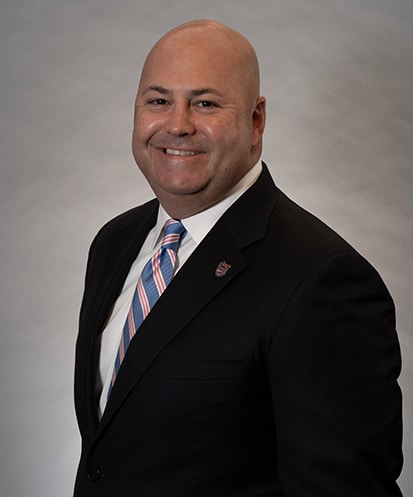Recent Surge in Unqualified Plastic Surgeons Puts Patients at Risk for Injuries and Death
 There has been such a significant surge in plastic surgery procedures being conducted by unqualified doctors that the American Society of Plastic Surgeons (ASPS) is issuing a warning about the dangers and the failed procedures being done by unqualified physicians. Once they have had unfavorable results from using an unqualified physician, many patients seek out board certified plastic surgeons to repair the damage they have suffered at the hands of unqualified doctors.
There has been such a significant surge in plastic surgery procedures being conducted by unqualified doctors that the American Society of Plastic Surgeons (ASPS) is issuing a warning about the dangers and the failed procedures being done by unqualified physicians. Once they have had unfavorable results from using an unqualified physician, many patients seek out board certified plastic surgeons to repair the damage they have suffered at the hands of unqualified doctors.
In 2014 there were more than 5.8 million plastic surgery procedures performed in the U.S., which is up 3% over the previous year. Unfortunately, people are seeking out these unqualified doctors because they offer rates that are so much lower than those of a fully qualified plastic surgeon. It is actually not against the law for physicians who are not board certified in plastics to do plastic surgery procedures, but an untrained doctor can make mistakes that result in health challenges, injury and death for patients.
Common plastic surgery complications
Procedures such as rhinoplasty, breast augmentation, face lifts and even liposuction can carry significant risks even when performed by qualified, competent physicians. Some of the common complications from plastic surgery procedures include:
- Infection
- Scarring
- Hematoma
- Pneumonia
- Complications from anesthesia
- DVT (deep vein thrombosis)
- PE (pulmonary embolism)
- Fluid buildup beneath the skin
- Perforations and organ damage
Why does board certification matter?
There are 24 medical specialty boards in the U.S. that certify physicians in several specialties and subspecialties. In order to become board certified, a physician must study his or her chosen field of specialization for several years (sometimes up to six years) after medical school. They must also pass written, and for some specialties oral, exams. About 85% of physicians are board-certified.
People tend to trust medical professionals without having fully investigated their credentials. There have been cases where patients received injuries from procedures that were done by ear, nose & throat doctors and even dentists who have taken weekend seminars in how to do certain cosmetic procedures. Patients show up in the doctor’s office, they see a person in a white coat who looks professional and qualified, and they feel safe – but they could be in quite the opposite position. That is why it is so critical to research your doctor before choosing to undergo an elective procedure.

Christopher T. Nace works in all practice areas of the firm, including medical malpractice, birth injury, drug and product liability, motor vehicle accidents, wrongful death, and other negligence and personal injury matters.
Read more about Christopher T. Nace.
